|
LISTEN TO THIS THE AFRICANA VOICE ARTICLE NOW
Getting your Trinity Audio player ready...
|
The Kenyan government is under renewed pressure from human rights organisations and citizens alike after a new BBC Africa Eye documentary laid bare the violent crackdown on tax protesters outside parliament in June 2024; a protest that left dozens dead and sparked one of the most significant youth uprisings in Kenya’s recent history.
The 37-minute documentary, titled Blood Parliament, used open-source intelligence and thousands of images to identify uniformed Kenyan police and military officers allegedly responsible for shooting unarmed demonstrators. Among them were three young protesters fatally shot outside the gates of parliament on June 25; the same day lawmakers controversially passed the Finance Bill, sparking fury across the country.
The exposé has triggered a firestorm of criticism, calls for justice, and a widening rift between the state and human rights defenders. Amnesty International and the Kenya Human Rights Commission (KHRC) have urged authorities to take immediate action against the officers identified in the footage, stating plainly that those responsible “must face the law.”
Protests Fueled by Economic Desperation
The June 2024 protests, known widely by the hashtag #OccupyParliament, were led primarily by Gen Z Kenyans mobilized through social media. The anger was focused on the Finance Bill, which proposed a raft of new taxes; including on essential goods and digital services, to raise over $2.7 billion and reduce Kenya’s reliance on foreign loans.
For many young Kenyans already grappling with unemployment and high living costs, the bill was the last straw. Demonstrators stormed the streets in cities across the country, with Nairobi emerging as the epicenter. The most dramatic scenes unfolded outside the National Assembly, where tear gas, live bullets, and stun grenades were unleashed.
According to Amnesty International, the state’s response was catastrophic: at least 65 people were killed, 89 were forcibly disappeared, and over 1,000 arrested in the weeks that followed. The Kenyan government, however, reported a lower death toll of 42.
Documentary Exposed Security Forces
The Blood Parliament documentary, which was to be screened privately in Nairobi but was cancelled reportedly due to government pressure, offers rare visual evidence of the events that day. It identifies specific officers; one from the Kenya Defence Forces (KDF) and another from the police, firing live rounds at protesters.
The BBC said it had reached out to the Kenyan government for its perspective before airing the film, but government officials have dismissed the documentary as “one-sided.” Government Spokesman Isaac Mwaura said the film failed to show the full picture, including scenes of vandalism in parliament. “We cannot have a country that is led through anarchy and mayhem,” he stated.
Nonetheless, Mwaura acknowledged that protesters had legitimate grievances about the Finance Bill but questioned the BBC’s editorial balance. “Those who did the documentary should have sought government opinion… so that they can be fair and balanced,” he said.
The response from rights organisations has been unequivocal. The KHRC described the BBC’s findings as proof that “organised criminals in police and military uniforms” were deployed to suppress peaceful protest. Amnesty Kenya echoed this, saying the documentary confirms earlier reports of “unnecessary and excessive lethal force” by security forces.
Both groups are demanding a public inquiry into the killings, and Amnesty has launched a petition calling for accountability at the highest levels of government. They say the ultimate responsibility lies with President William Ruto, who has been accused of endorsing a security-heavy approach to public dissent.
In response to mounting calls for justice, the Independent Policing Oversight Authority (IPOA); the civilian body tasked with holding police to account, has confirmed it is investigating 60 deaths from the June protests, 41 of which involved gunshot wounds. Of these, 22 cases have been concluded and two are currently in court. The agency also said it had documented 233 injuries.
Still, critics say the investigations are moving too slowly and fear that no one will be held accountable.
Parliament Divided, Public Outrage Grows
The documentary was mentioned briefly in Kenya’s parliament on Tuesday, where lawmakers split over how to respond. Mandera North MP Bashir Abdullahi said, “People are killed all the time , we spoke about that thing (the Gen Z protests) in this House, discussed it, sympathised, mourned our fellow Kenyans who passed on that day and moved on!” MP John Kiarie accused the BBC of “pushing a foreign agenda” while Millie Odhiambo urged her colleagues not to muzzle the press, stating: “The BBC documentary has created more anger among young people… You can’t stop the media.”
Senator Edwin Sifuna added his voice in support of the documentary, arguing that “there are no fabrications in it.” He emphasised the need for transparency, saying, “Those who are uncomfortable with this are wrestling with their own consciences.”
However, other lawmakers like George Peter Kaluma warned the film could destabilize the nation and called for the BBC to be banned from operating in Kenya.
President Ruto has so far maintained silence on the contents of the documentary. In previous statements, he defended the security forces and warned the public against speculating on military involvement in the June protests. Police, too, have repeatedly denied any role in the abductions and killings, even as families of missing protesters continue to demand answers.
As of now, no police or military officers have been charged in connection with the protest deaths.
The documentary lands at a time of heightened sensitivity in Kenya. Civil society has warned of a growing trend of shrinking civic space, arbitrary arrests, and erosion of constitutional rights. The protest movement that began as a tax revolt is now a broader call for political accountability.
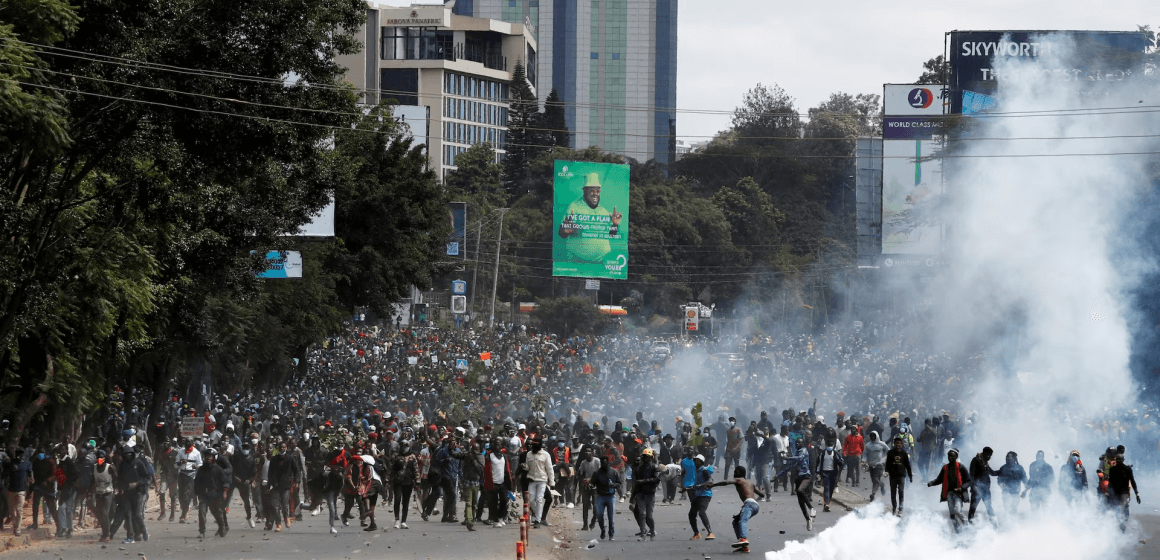
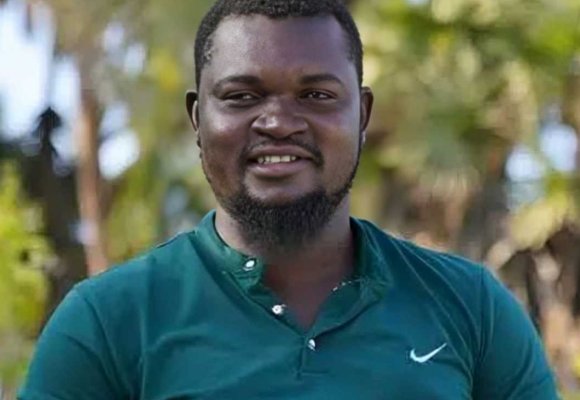

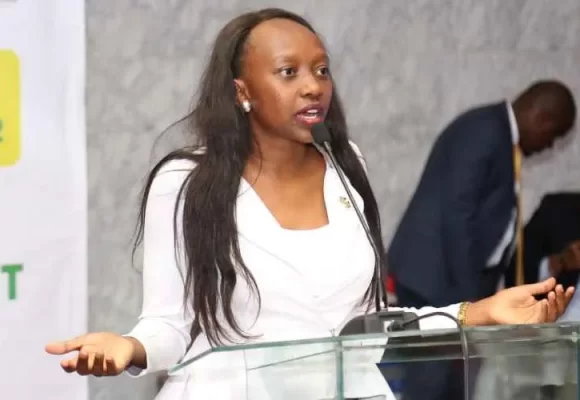
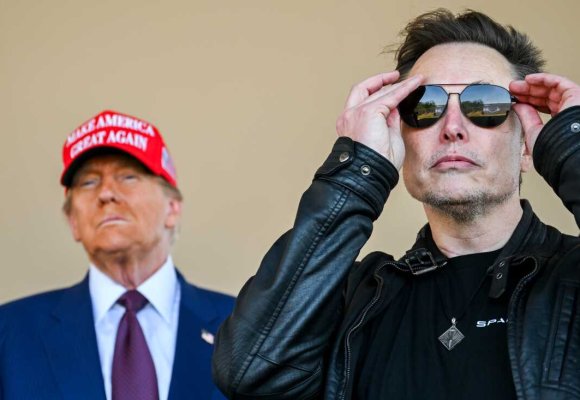
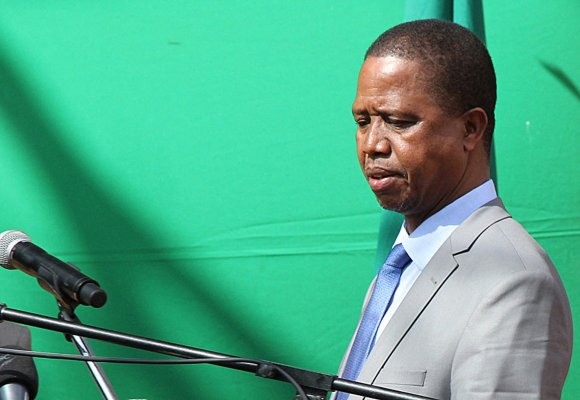
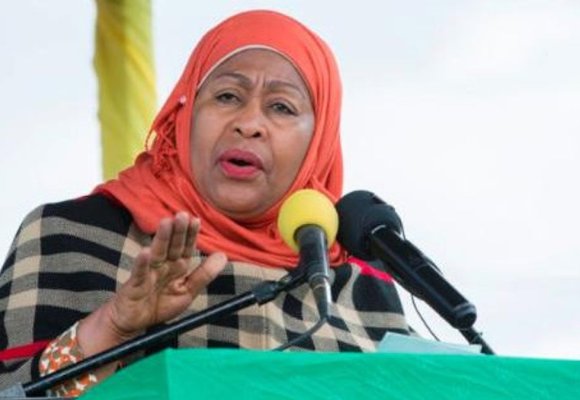
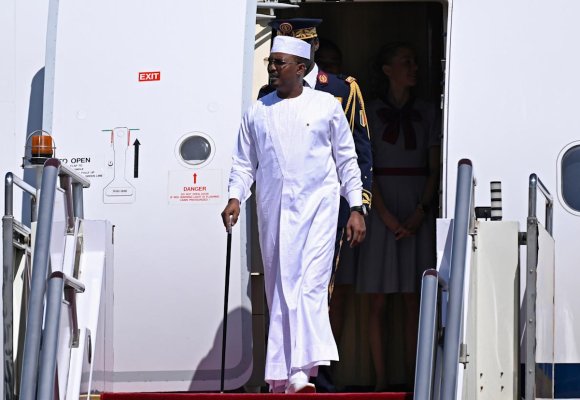

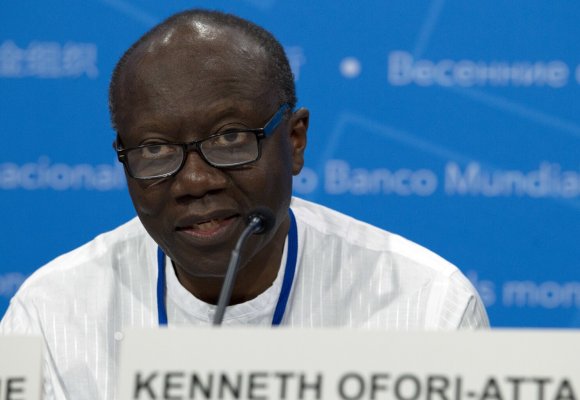
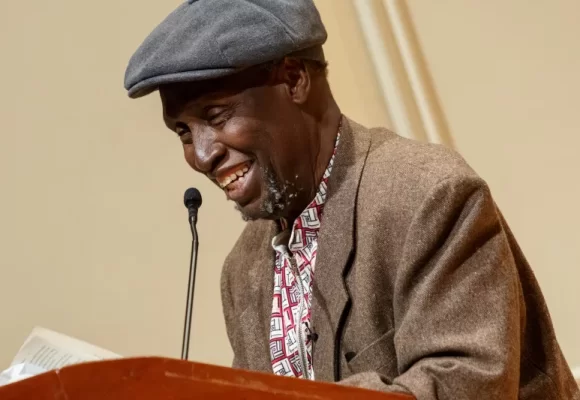
LEAVE A COMMENT
You must be logged in to post a comment.